Earth
Sign up for our newsletter
We summarize the week's scientific breakthroughs every Thursday.
-
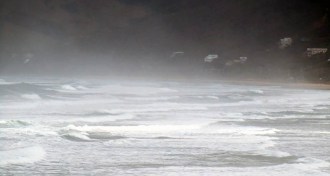 Oceans
OceansBlooming phytoplankton seed clouds in the Southern Ocean
Booming phytoplankton populations spark cloud formation in the Southern Ocean.
By Beth Mole -
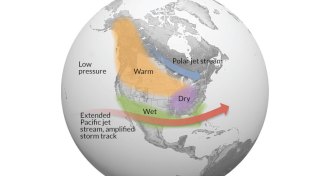 Climate
ClimateCurrent El Niño coming on strong
Meteorologists expect the ongoing El Niño to strengthen in the coming months and alter weather patterns worldwide, including bringing potential drought relief to California.
-
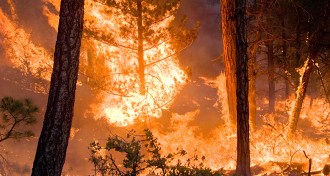 Climate
ClimateWildfire seasons have gotten almost 20 percent longer
The average length of wildfire seasons has increased 18.7 percent since 1979, new research shows.
-
 Earth
EarthBringing mammoths back, life on early Earth and more reader feedback
Readers debate the pros and cons of reviving extinct species, discuss the odd light-processing machinery of the eye and more.
-
 Plants
PlantsFlowers’ roles considered in ecosystems and economics
In ‘The Reason for Flowers’, a pollination ecologist chronicles the science and culture of blossoms from the dawn of humanity.
By Sid Perkins -
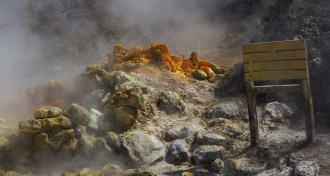 Earth
EarthNatural concrete keeps lid on Italian volcano
Naturally occurring, concretelike rock allows the ground around Italy’s Campi Flegrei caldera to bulge without bursting.
-
 Climate
ClimateBumblebee territory shrinking under climate change
Climate change is shrinking bumblebee habitat as southern territories heat up and bumblebees hold their lines in the north.
By Beth Mole -
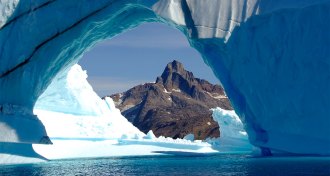 Climate
ClimateGreenland’s out-of-sync climate explained
Small variations in the sun’s activity cause big changes in Greenland’s temperatures decades later by altering ocean currents, new research suggests.
-
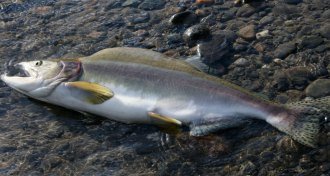 Climate
ClimatePink salmon threatened by freshwater acidification
Ocean acidification gets more attention, but freshwater systems are also acidifying. That’s a problem for young salmon, a new study finds.
-
 Earth
EarthLeap second helps us with the reality of time
A leap second will be inserted at the end of the day on June 30.
-
 Life
LifeAlison Jolly’s last book chronicles efforts to save lemurs
In ‘Thank You, Madagascar,’ primatologist Alison Jolly, who spent decades studying lemurs, provides an insider’s account of the struggles that conservationists face.
By Erin Wayman -
 Astronomy
AstronomySuper-Earths are not a good place for plate tectonics
The intense pressures inside super-Earths make plate tectonics less likely, new research suggests.